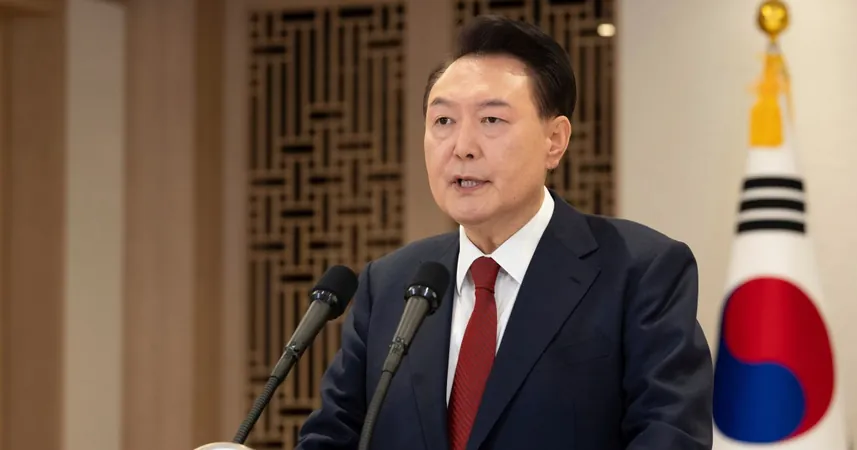
South Korea in Turmoil: Authorities Seek Arrest of Suspended President Yoon Suk-yeol Over Martial Law Scandal
2024-12-30
Author: Noah
South Korea in Turmoil: Authorities Seek Arrest of Suspended President Yoon Suk-yeol Over Martial Law Scandal
In a stunning escalation of South Korea's political crisis, authorities have requested an arrest warrant for suspended President Yoon Suk-yeol, following his controversial declaration of martial law. This unprecedented situation could mark a historic moment for the nation, as it unfolds in a landscape already fraught with tensions and instability.
On Monday, South Korea’s Joint Investigation Headquarters announced its intention to seek Yoon's arrest on serious charges of insurrection and abuse of power. This decision follows Yoon’s repeated refusals to comply with three summons for questioning from the investigative committee, which comprises officials from the Corruption Investigation Office for High-ranking Officials (CIO), police forces, and the Ministry of Defence.
As South Korea’s legal system prepares to potentially take this extraordinary step, it is essential to note that if approved, this would be the first time a sitting president has faced such legal action in the country’s history. While Yoon retains some immunity from prosecution as a sitting president, he is uniquely vulnerable to charges involving rebellion and treason.
Yun Gap-geun, Yoon's lawyer, has accused the CIO of overstepping its authority and indicated plans for formal legal responses. The growing demands for accountability come in the wake of Yoon's alarming declaration of martial law on December 3, which catalyzed one of South Korea’s most significant political upheavals in decades.
Yoon has faced mounting criticism since being suspended from presidential duties after the National Assembly voted 204-85 in favor of impeachment on December 14. Previously the country’s top prosecutor, Yoon is now embroiled in a politically charged scandal that could see him confronted with severe penalties, including life imprisonment or even death, should he be found guilty of insurrection.
Witnesses described harrowing scenes as heavily armed troops entered the National Assembly during Yoon’s brief declaration of martial law, resulting in clashes that echo the dark chapters of South Korea’s prior military dictatorships. Allegations claim that Yoon directed a high-ranking defense official to empower soldiers to use their weapons if needed to invade the legislature.
After a mere six-hour imposition of martial law, Yoon relented, lifting the order amidst a unanimous vote from lawmakers. He has defended his actions, labeling the declaration a legal necessity to counteract what he referred to as “anti-state forces” and obstruction from the opposition Democratic Party (DP).
The whirlwind of events has intensified with the recent impeachment of acting president Han Duck-soo by the opposition-controlled legislature, further plunging South Korea into uncertainty. Management of presidential duties has now fallen to Deputy Prime Minister and Finance Minister Choi Sang-mok.
As the political landscape shifts dramatically, the DP and several smaller opposition parties orchestrated the impeachment of Han, citing his failure to appoint justices to fill essential vacancies on the Constitutional Court. This court, which has up to six months to determine the fate of Yoon’s impeachment, will ultimately decide whether he will be removed from power permanently or reinstated as the leader of the country.
In a remarkable twist to this political saga, the court's recent hearings saw Yoon's legal team requesting postponements in order to adequately prepare for the proceedings. However, their plea was denied, underscoring the urgency and gravity of the situation as South Korea anxiously watches its leadership meltdown. As this drama unfolds, citizens are left wondering: Could this be the end of Yoon's political career—and what will it mean for South Korea's future?
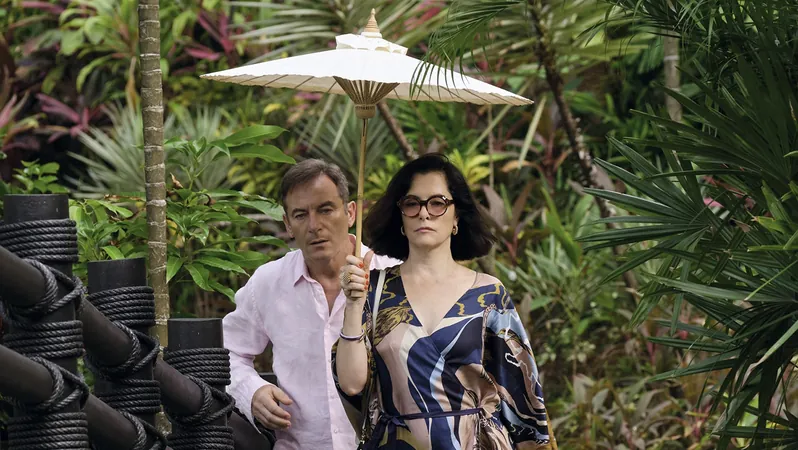

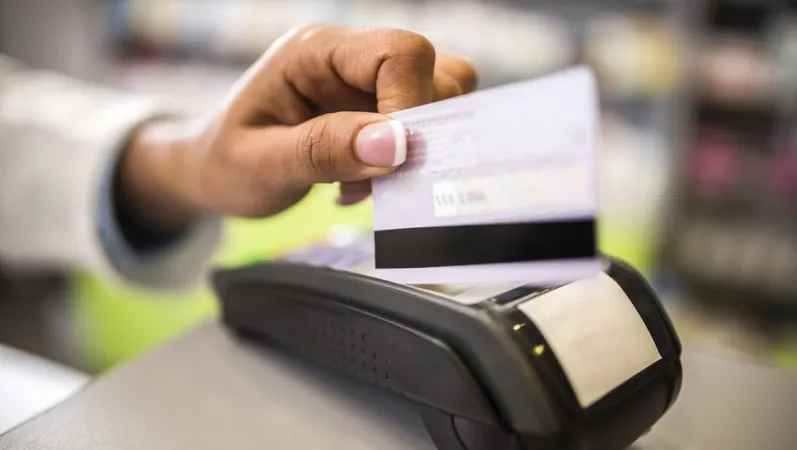
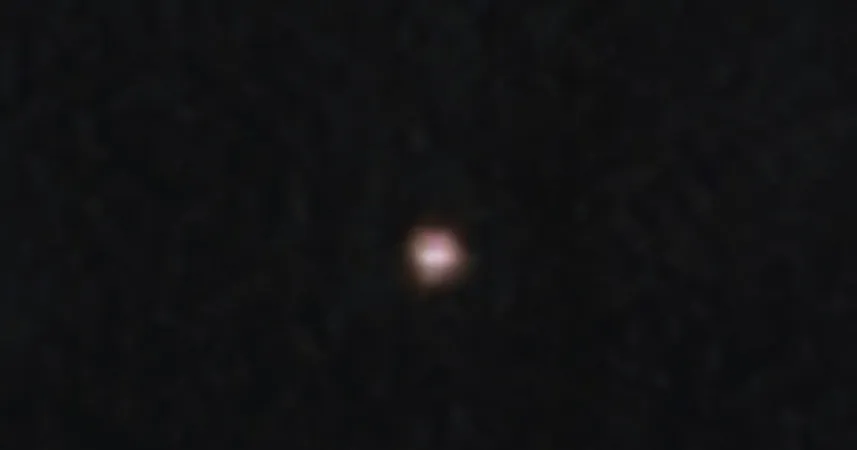
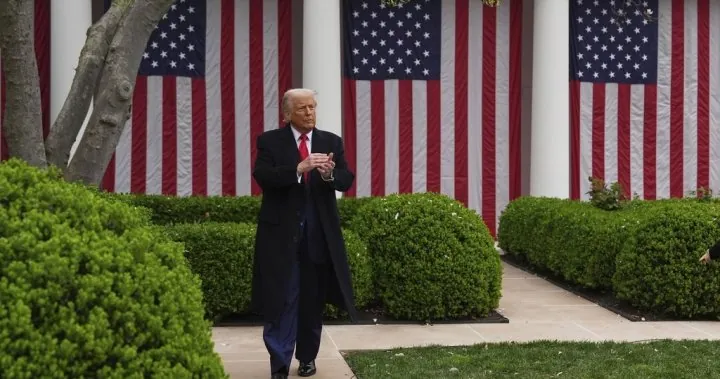
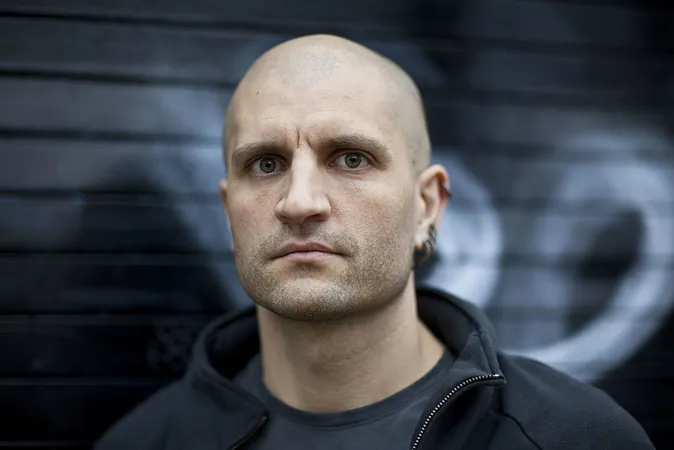


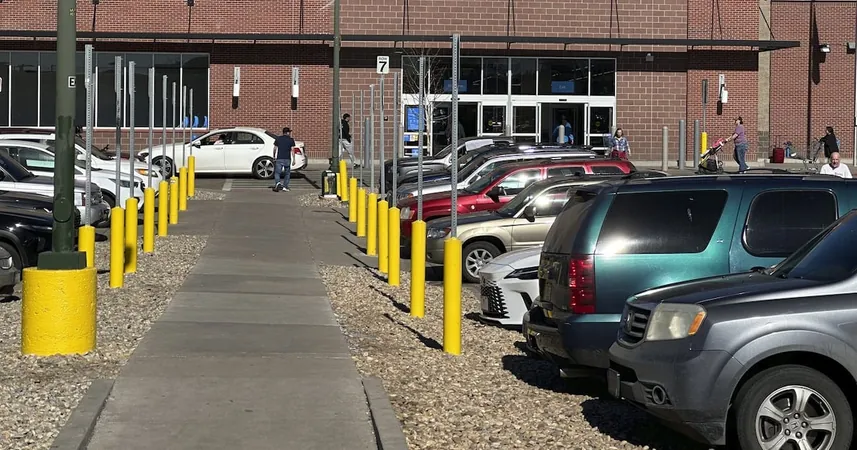
 Brasil (PT)
Brasil (PT)
 Canada (EN)
Canada (EN)
 Chile (ES)
Chile (ES)
 Česko (CS)
Česko (CS)
 대한민국 (KO)
대한민국 (KO)
 España (ES)
España (ES)
 France (FR)
France (FR)
 Hong Kong (EN)
Hong Kong (EN)
 Italia (IT)
Italia (IT)
 日本 (JA)
日本 (JA)
 Magyarország (HU)
Magyarország (HU)
 Norge (NO)
Norge (NO)
 Polska (PL)
Polska (PL)
 Schweiz (DE)
Schweiz (DE)
 Singapore (EN)
Singapore (EN)
 Sverige (SV)
Sverige (SV)
 Suomi (FI)
Suomi (FI)
 Türkiye (TR)
Türkiye (TR)
 الإمارات العربية المتحدة (AR)
الإمارات العربية المتحدة (AR)